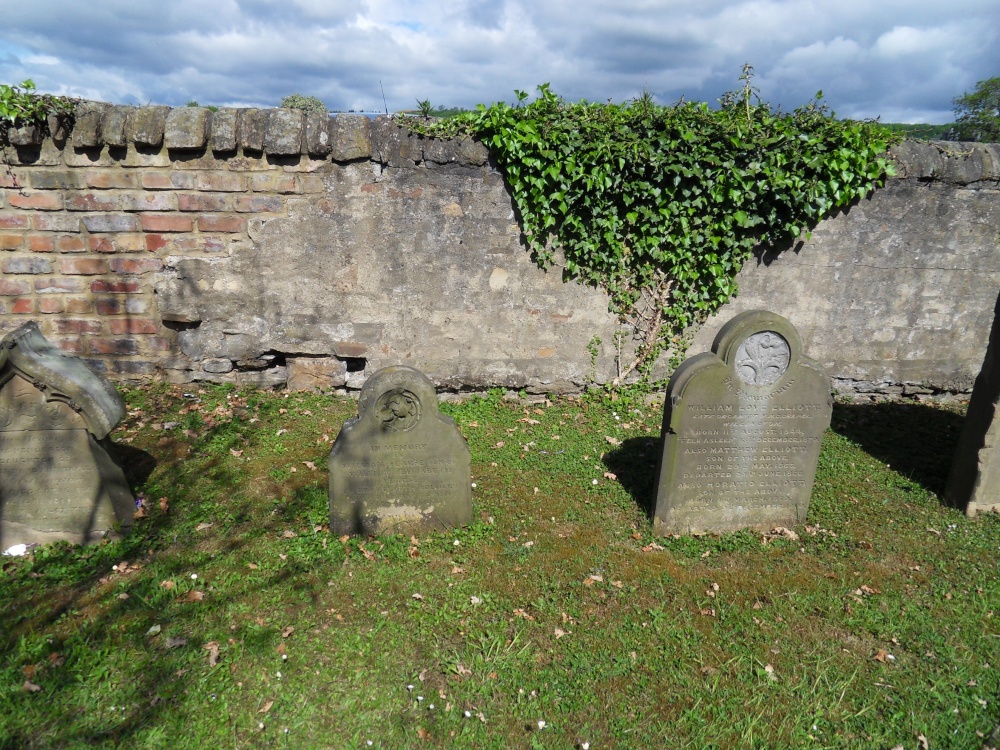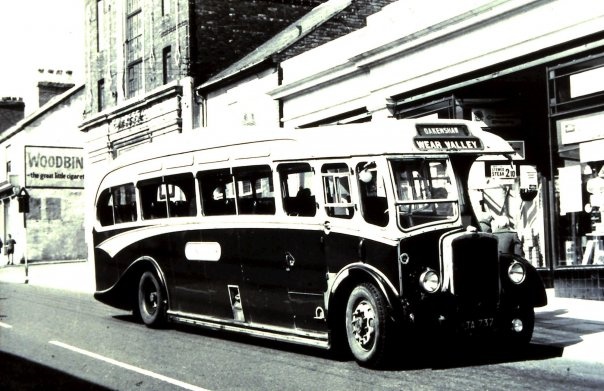Please login or click here to join.
Forgot Password? Click Here to reset pasword
 |
So cold! This picture appears in the following picture tours: Camera Make: SAMSUNG� Model: SAMSUNG WB500, WB510 / VLUU WB500 / SAMSUNG HZ10W� |
 |
Oh no, not more snow This picture appears in the following picture tours: Camera Make: SAMSUNG� Model: SAMSUNG WB500, WB510 / VLUU WB500 / SAMSUNG HZ10W� |
 |
December 2010 This picture appears in the following picture tours: Camera Make: SAMSUNG� Model: SAMSUNG WB500, WB510 / VLUU WB500 / SAMSUNG HZ10W� |
 |
Cold Weather -7 degrees This picture appears in the following picture tours: Camera Make: SAMSUNG� Model: SAMSUNG WB500, WB510 / VLUU WB500 / SAMSUNG HZ10W� |
 |
Evening Sky This picture appears in the following picture tours: Camera Make: SAMSUNG� Model: SAMSUNG WB500, WB510 / VLUU WB500 / SAMSUNG HZ10W� |
 |
Just Another Working Day Got up this morning for work to find a great sky This picture appears in the following picture tours: Camera Make: SAMSUNG� Model: SAMSUNG WB500, WB510 / VLUU WB500 / SAMSUNG HZ10W� 1 person has added this picture to their favourites |
 |
Every Cloud I took this picture from our bedroom window....... This picture appears in the following picture tours: Camera Make: SAMSUNG� Model: SAMSUNG WB500, WB510 / VLUU WB500 / SAMSUNG HZ10W� |
 |
Black Horse Inn This picture appears in the following picture tours: Camera Make: Sony Ericsson� Model: U1i� |
 |
Fall of Stone A few stories from this graveyard in Willington: Alder John Henry 08 Jul 1912 aged 17. Haulage, he was working his first shift in the capacity of junction minder on an endless rope system of haulage, the rope being above the tubs. The tubs were knocked off the rope by the latter passing up through a slotted and iron faced plank; by some means the lad got between the rope and the knock-off and his body was sawn in two. Buried: St. Stephen's Churchyard, Willington Cemetery Gardner: Joseph 06 Oct 1911 aged 16. Driver, his duty was to drive tubs of sand from a drift to the shaft bottom and to return with the empty tubs. There was no other traffic along this road and the work was not difficult. He was last seen alive by one of the men in the drift, and was at that time walking out behind a full tub and it is assumed that he overbalanced himself in climbing over the tub to get to the pony's reins, for when found the front pair of wheels had passed over him and he was quite dead. Buried: St. Stephen's Churchyard, Willington Cemetery Sedgewick, William, 08 Dec 1864 aged 10 [Not employed]. Two or three boys were playing near the engine house at Willington Coll. Sunnybrow on Thursday 8 Dec. An iron sheave or drum revolved outside the building about three feet from the ground, and the chain which was drawn round it drew tubs of coal along. When the engine was standing the chain was slack. The boys had got hold of the chain "to get a ride", but when the engine started, one boy's fingers were "fast in the links of the chain and he was drawn up against the drum and torn literally limb from limb." The victim, William Sedgewick was about 10 years old and the son of a widow whose husband had been killed in the same colliery a few years previously. Bracken, Cuthbert, 12 Nov 1902, aged 15, Wheel Boy, he attached two full tubs to the endless rope, and was riding on the rope in front of the tubs ; at a junction, 40 yards away, a "knock-off" is fixed, through which the rope passes, and he was caught between this, the tubs, and the rope, and decapitated This picture appears in the following picture tours: Camera Make: SAMSUNG� Model: SAMSUNG WB500, WB510 / VLUU WB500 / SAMSUNG HZ10W� |
 |
The Meadow, Willington This picture appears in the following picture tours: Camera Make: Sony Ericsson� Model: U1i� |
 |
St. Stephens Church Willington Willington is a small town seven miles south west of Durham City and four miles north of Bishop Auckland. The earliest evidence for occupation in the area dates to the Bronze Age; a bronze axe of this date was found at Nackshivan. However, it is possible that the flint tools found elsewhere in the Parish may have been of earlier, Mesolithic date belonging to the earliest hunter-gatherer groups who may have lived in this area. Farming developed in the Neolithic and Bronze Age period and by the end of the Iron Age there was probably a landscape of small fields amongst which stood farmsteads surrounded by a palisade and a ditch. The Roman arrived in the 1st century AD. It is known that the Roman road known as Dere Street ran through the area. Indeed a Roman milestone of 3rd century date was found here in 1910. We know little about the area during the Anglo-Saxon period, although the village name comes from the Old English for the 'settlement of the family of Wiel'. It was not an important village and was included within the Parish of Brancepeth. There was a small medieval chapel in the village, but most people were buried in Brancepeth. In 1831 a plague of cholera killed about 30 people who were buried at Brancepeth. The population increased from 258 in 1841 to 965 in 1851. This was because of the rise of the coal mining industry in the area. New facilities were required for the miners and their families. The old chapel was rebuilt as a Parish Church in 1857 and enlarged in 1869 and 1873. A Wesleyan and a Methodist Chapel were both also built, as well as Presbyterian and a Catholic Church. When Willington Methodist Church was demolished in 1971 a bottle with a newspaper article and 19th century coins were found. It had been placed here as a time capsule when an extension was added to the Church in 1866. Life was not all peaceful in Willington and there were several tragic events in the area during the 19th and early 20th centuries. For example, in 1908 a miner named Thomas Barton was hailed a hero for saving a child from a burning house but was tragically killed himself in a mining accident six weeks later. A monument which was erected to him can still be seen in the east end of St Stephen's cemetery. A railway accident occurred in Willington on October 23rd 1869 at nearby Hunwick Station. A number of wagons escaped during shunting operations and after speeding through Willington Station smashed into a stationary passenger train at Hunwick just as passengers were alighting. The engine driver and the stoker were killed and several others were horrifically injured This picture appears in the following picture tours: Camera Make: SAMSUNG� Model: SAMSUNG WB500, WB510 / VLUU WB500 / SAMSUNG HZ10W� |
 |
The River Wear at Willington This picture appears in the following picture tours: Camera Make: SAMSUNG� Model: SAMSUNG WB500, WB510 / VLUU WB500 / SAMSUNG HZ10W� |
 |
War Memorial Old This picture appears in the following picture tours: |
 |
Willington Railway Station This picture appears in the following picture tours: |
 |
Lonely Tree This is the road towards Willington from Binchester, Binchester having a Roman Fort built on Dere Street or Deere Street, this was a Roman road between Eboracum (York) and what is now Scotland. It still exists in the form of the route of many major roads, including the A1 and A68 just north of Corbridge. This picture appears in the following picture tours: Camera Make: SAMSUNG� Model: SAMSUNG WB500, WB510 / VLUU WB500 / SAMSUNG HZ10W� |
 |
High Street This picture appears in the following picture tours: |
 |
Willington Cenotaph This picture appears in the following picture tours: Camera Make: SAMSUNG� Model: SAMSUNG WB500, WB510 / VLUU WB500 / SAMSUNG HZ10W� |
 |
Willington Cenotaph This picture appears in the following picture tours: Camera Make: SAMSUNG� Model: SAMSUNG WB500, WB510 / VLUU WB500 / SAMSUNG HZ10W� |
 |
Willington High Street 1955 This picture appears in the following picture tours: |
 |
Willington Railway Station A railway accident occurred in Willington on October 23rd 1869 at nearby Hunwick Station. A number of wagons escaped during shunting operations and after speeding through Willington Station smashed into a stationary passenger train at Hunwick, just as passengers were alighting. The engine driver and the stoker were killed and several others were horrifically injured This picture appears in the following picture tours: |